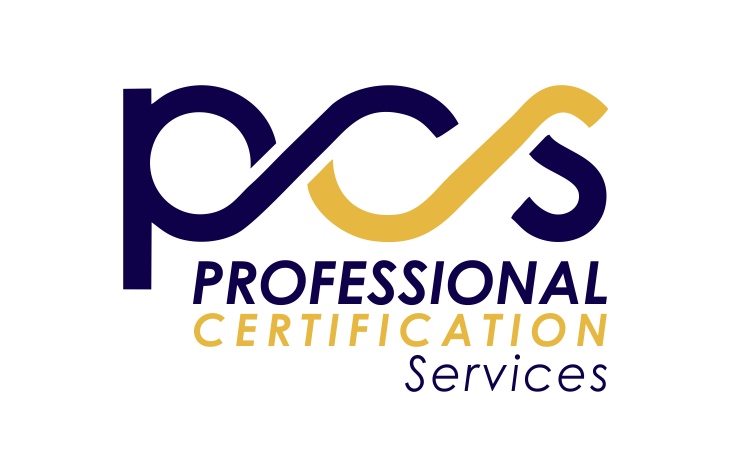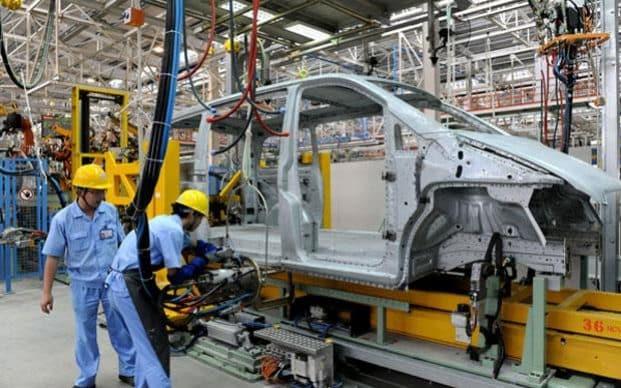A common registration scheme is developed by the IATF for the supplier’s third-party registration for the ISO/TS 16949. The registration contains the auditor qualifications of the third party and the same rules for consistent global registrations. Enlisted below are the benefits of the IATF registration scheme:
- The quality of products and their processes are improved
- For global sourcing, an additional confidence boost is given
- For quality improvements, the reassignment of suppliers of resources is done
- common quality system approach in the supply chain for supplier/subcontractor development and consistency
An international standard and technical specification certification are offered known as ISO TS 16949 by the GSC. In crucial technical specifications, this certification plays an important role. This certification is required for establishing and maintaining a quality management system for the design and development, production and installation and service of automobile-related products.
ISO TS 16949 is a specification, made to meet the automotive manufacturer requirements; particularly quality, cost and Just in time delivery. TS-16949 is highly effective in the sense of cost for companies in the enlisted ways:
- Improvement continuously
- Prevention of any kinds of defects
- The reduction of waste products
- Supply chain varies from time to time
ISO TS 16949 includes the following benefits:
- Process and product quality is improved
- Provides additional confidence for global sourcing
- Reduction in variation, waste and improvement in overall efficiency in production steps is seen
- Depletion of the need to register multiple times because of being a third party
- Worldwide quality system requirements are addressed now at a common platform
- Formatted to allow easy conversion to ISO 9001/2000
- To the new upgrading of the existing quality system, this has proven to be an advantageous system
- It has policies and commitments to rely on

